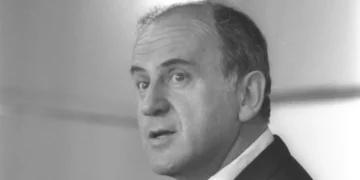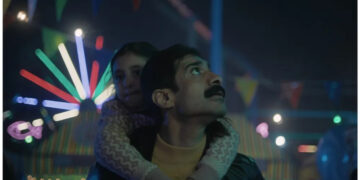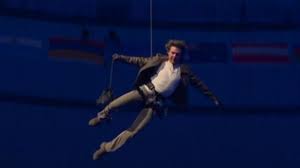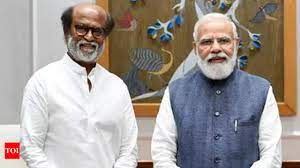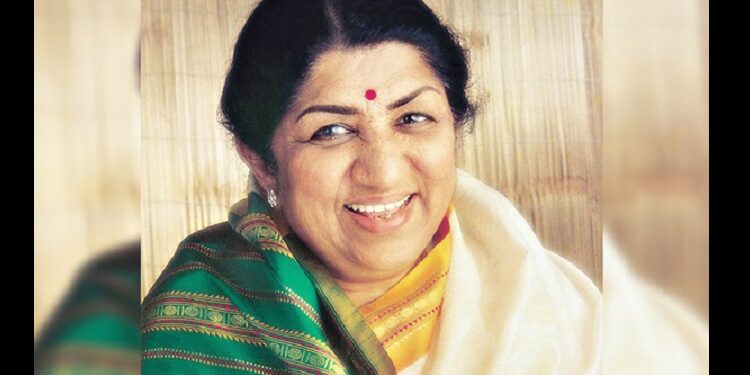In a significant revelation, it has come to light that the #MeToo movement in Bollywood did not originate in late 2018 but traces its roots back to a pivotal incident in 1949 involving legendary singer Lata Mangeshkar. Renowned for her unwavering spirit, Mangeshkar took a bold stand against fellow playback singer G.M. Durrani, setting an early precedent against workplace misconduct.
During the recording of the duet ‘Hey Chore Ki Jaat Badi Bewafa’ for the film ‘Chandni Raat,’ Mangeshkar, then 21 years old, faced inappropriate advances from Durrani. The incident escalated when Durrani made untoward comments and gestures, crossing the line of professional boundaries. The situation reached a climax when Durrani questioned Mangeshkar’s choice of jewelry, prompting a fiery response from the resolute singer.
Undeterred by Durrani’s underestimation of her resilience, Lata Mangeshkar walked out of the recording, vowing never to collaborate with Durrani again. Despite historical records suggesting subsequent collaborations, Mangeshkar, in an interview with Zoom, affirmed the veracity of the incident. She maintained that she stood firm on her commitment to personal integrity and the values instilled by her parents, refusing to sing a single duet with Durrani post the confrontation.
This revelation sheds light on the early instances of harassment in the Bollywood industry, challenging the notion that #MeToo gained momentum only in recent years. Lata Mangeshkar’s courageous stand serves as a historical marker, highlighting the longstanding battle against workplace misconduct in the Indian film industry.



















